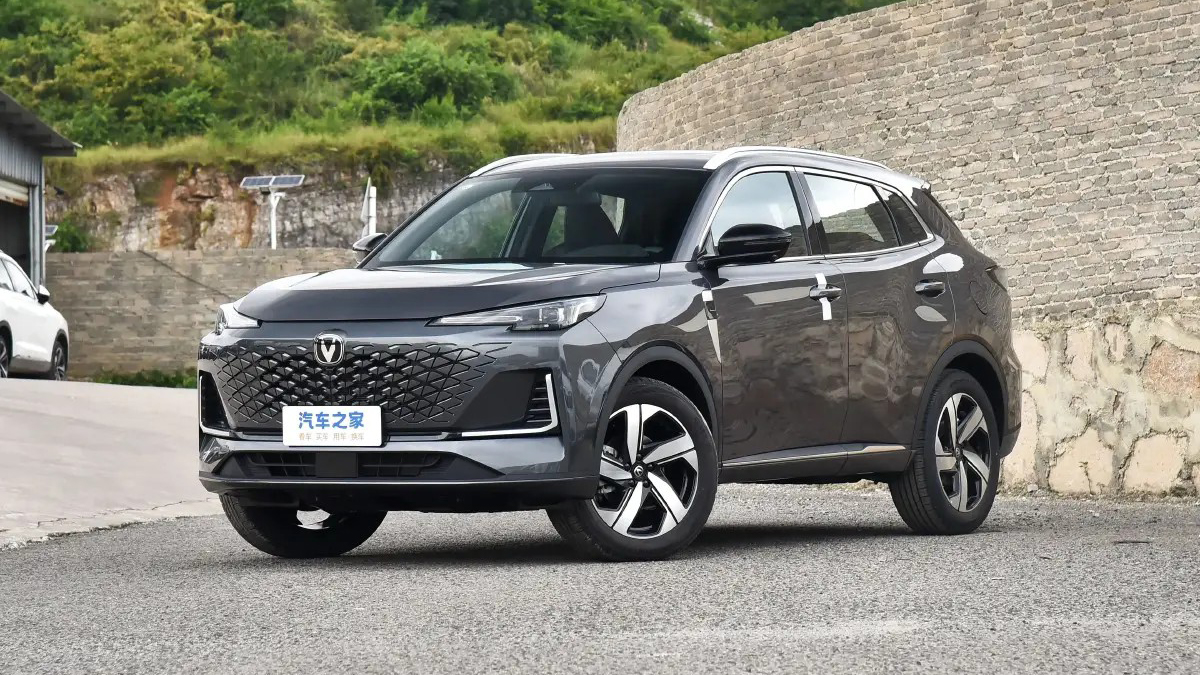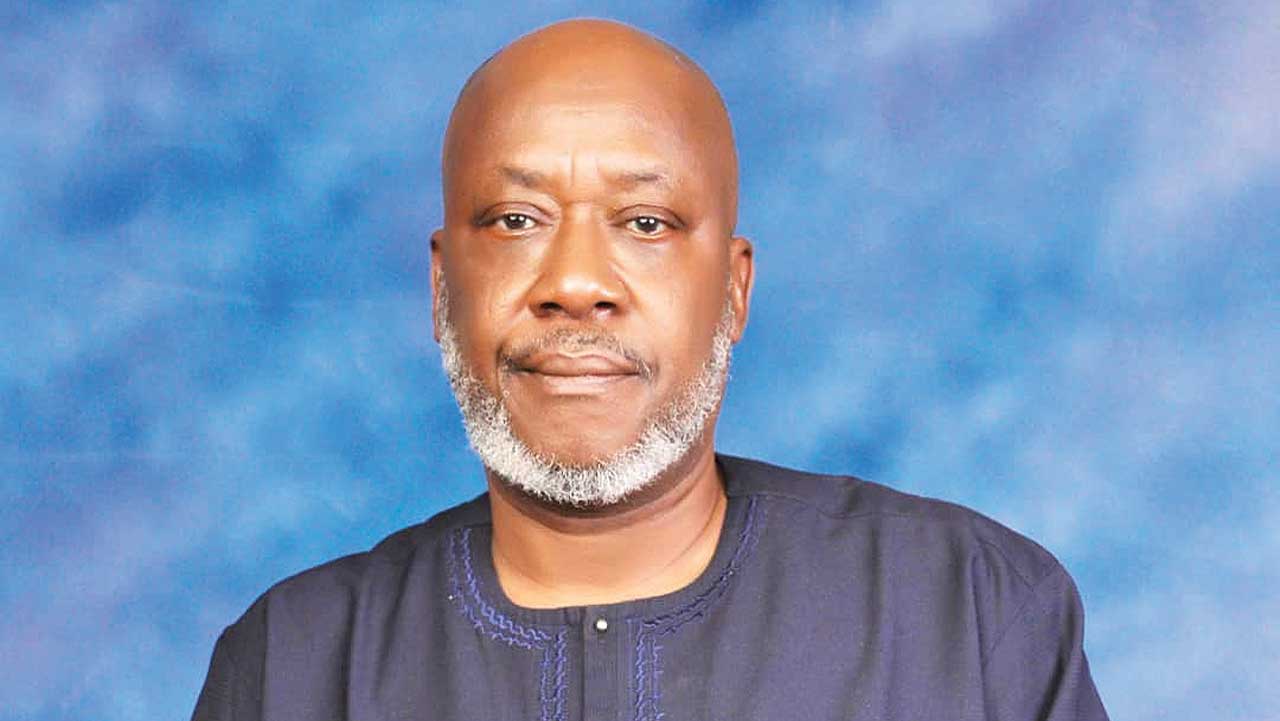
Stakeholders in the transportation sector have called for a push to transition to alternative options for fuel in road transportation networks.
The stakeholders, who gathered at the third pre-event conversations of the Nigeria Transportation Commissioners’ Forum with the theme, ‘Post-fuel subsidy regime: Exploring other options for a sustainable urban transportation system in Nigeria’, said Nigeria needs to explore its gas reserves alongside adopting electric vehicles as solutions to the challenges posed by the removal of fuel subsidy.
Permanent Secretary of the Federal Ministry of Transportation, Dr Magdalene Ajani, said the removal of fuel subsidy is a highly sensitive and contentious issue given its effect on the economy.
She said to ease financial strains, foster market competition and address environmental issues, many nations have abandoned fuel subsidies.
According to her, the removal of fuel subsidies will enable governments to move resources to other top priorities like infrastructure, healthcare and education as well as promote the use of greener and more sustainable energy sources.
Ajani, who was represented by Director, Road Transport and Mass Transit Administration, Federal Ministry of Transportation, Musa Ibrahim, said efficient transportation is crucial for trade.
“It is a crucial driver of economic growth and social development, connecting people to jobs, education, health care, agriculture and manufacturing among others,” she noted.
She said it is instructive to note that removing fuel subsidies could result in higher petroleum cost, leading to an increase in the operational cost of the transportation sector, which impacts other sectors of the economy and may disproportionately affect people with low incomes.
To address the challenges and mitigate the impacts of the fuel subsidy removal, she urged the government to put in place palliative measures such as social safety nets to safeguard the most vulnerable groups and drive efficient transport while easing mobility.
“It is, therefore, expedient to embark on developing diversified modes of transport and fuel (energy) sources to actualise a diversified economy and sustainable development,” she said.
Director General/Chief Executive Officer, the National Automotive Design and Development Council (NADDC), Jelani Aliyu, said the agency is promoting the transition to alternative and cheaper means of fuelling vehicles with the use of autogas.
Aliyu said that with the emergence of new automotive technologies, the automotive industry is rapidly gaining momentum on the strategic transition from the use of petrol and diesel to electric vehicles (EV) and natural gas-powered vehicles (NGV).
The continuous use of conventional fuel such as petrol and diesel in vehicles, he said, has contributed to global warming and climate change, which is detrimental to human health and polluting the environment.
According to him, CNG and LPG-powered vehicles are safe, cost-effective and environmentally friendly, which produce about 20 per cent less CO2 emission than petrol and diesel vehicles.
A professor of transport and logistics, Lagos State University (LASU), Samuel Odewumi, said the government means very well to its citizenry but would need to address the challenges.
As a matter of urgency, he said, the government must ensure security for farmers, secure the oil pipelines, roll out the CNG infrastructure as quickly as planned while working on rapid conversion of vehicles to gas-powered to salvage the situation.
Executive Secretary, Nigeria Transportation Commissioners’ Forum, Chinwe Uwaegbute, said Nigeria is at a critical juncture where the dynamics of the urban transportation system need to undergo a transformational shift.
Uwaegbute said the dismantling of the fuel subsidy regime marked a pivotal moment that demands attention, reflection and collaborative exploration of alternatives.
“We must harness this juncture to usher in a paradigm shift towards a sustainable urban transportation system that aligns with global efforts to combat climate change and improve the quality of citizenry,” she said.
She said the theme of the webinar is a subject that resonates deeply with the future of the nation’s urban mobility and the sustainable development goals envisioned.
Executive Chairman and Founder, Funtay Group, Olufunso Amoo, said Nigerians do not need to wait for the government to provide funding for the conversion of vehicles to gas.
He stressed the need for the citizens to source local funding for conversion, stating that the competition in the space is a welcome development.
Professor of Transport and Logistics, Lagos State University (LASU), Samuel Odewumi, said most of the takings are in order but in the medium term. He said the government means very well for its citizenry but is not addressing the challenges.
As a matter of urgency, he said the government must ensure security for farmers, secure the pipelines, roll out the CNG infrastructure as quickly as planned, while working on rapid conversion of vehicles to salvage the situation. He said Nigeria must also improve on rail networks to move freight within the country.






